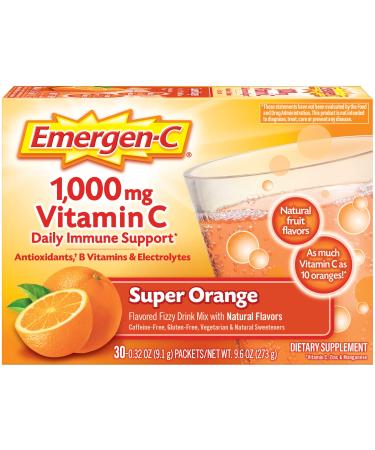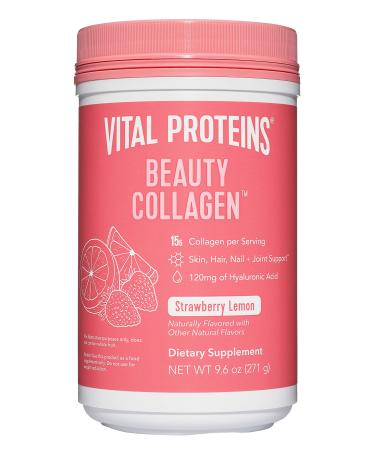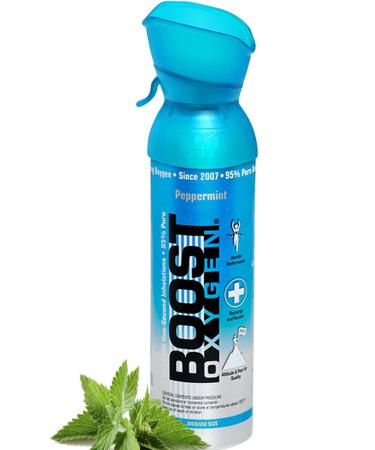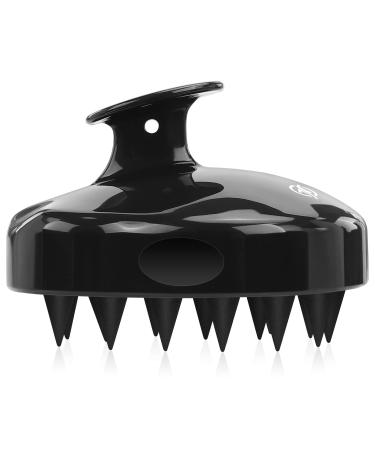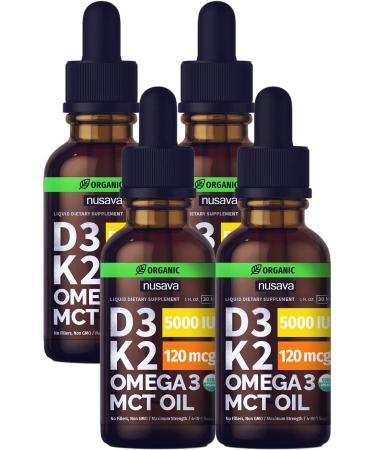PROVIDES A BOOST OF CALCIUM, MAGNESIUM, AND D3 FOR TRYING-TO-CONCEIVE, PREGNANT, AND NURSING WOMEN
- ENSURES ADEQUATE INTAKE OF KEY MINERALS - Provides 500 mg of Calcium and 200 mg of Magnesium Which Can Be Hard to Get Using Diet Alone
- KEEPS YOUR STORE OF VITAMIN D AT THE PROPER LEVEL - This Key Vitamin is Essential for Both You and Baby
- HELPS BUILD AND MAINTAIN BONE HEALTH - Calcium, Magnesium and D Work Together for Best Bone Health
- MAY EASE LEG CRAMPS AND RESTLESS LEG SYNDROME - Magnesium is Helpful for Relaxing and Soothing Muscles
- ENHANCED ABSORPTION - Contains Two Different Forms of Both Calcium and Magnesium
- ALL NATURAL - Contains No Yeast, Wheat, Soy, Dairy, Gluten, or Artificial Preservatives or Flavors
- SUITABLE FOR VEGETARIANS
- MADE IN THE USA in a GMP-Certified Facility for Fairhaven Health, a Trusted, Go-To Brand for Couples Who Are Trying to Conceive.
How Calcium Contributes
Calcium is one particular mineral worth focusing on during pregnancy as it can play a key role in your health, your baby's health, and your ability to carry to full term. Everyone knows calcium builds teeth and bones but some of the lesser known roles are that it keeps your blood and muscles optimized, helps your nerves send messages from your brain to the rest of your body, and, importantly for pregnant women, plays a role in hypertension disorders such as preeclampsia that often develop during pregnancy.
Your body can store calcium but cannot make it, so calcium must come through supplements or diet. When you are pregnant, your body will do everything necessary to nourish your fetus, which includes draining your bones and teeth of their calcium supply if necessary. It's especially important for the sake of your own health to ensure you've got enough calcium on board for two!
The World Health Organization (WHO) has issued a strongly worded recommendation that pregnant women should supplement with calcium to prevent preeclampsia, which is considered a hypertension disorder. Typically during pregnancy, blood pressure falls early in pregnancy and then slowly rises over the rest of the pregnancy. Low calcium consumption has been found to directly correlate to the risk of preeclampsia which in turn raises the risk of maternal death and preterm births (births before 37 weeks). Preterm births are the leading cause of infant mortality, and those babies who survive are at higher risk.
Why Magnesium Matters
If there is a Jack-of-All-Trades mineral in the body, magnesium might be the one. More than 300 processes in the body rely on magnesium being present including muscle and nerve function, insulin control, and blood pressure regulation. Magnesium is required for energy production, contributes to bone and teeth development, and is required for the production of glutathione, often referred to as the body's master antioxidant.
Pregnant women who experience issues with leg cramps and restlessness often given a shout out to magnesium for its ability to relax and soothe muscles. Up to 40% of pregnant women suffer from leg related issues, making it the most common problem in pregnancy. Magnesium can also help prevent the premature contraction of cervical muscles.
What D3 Does
Between 40-60% of the general U.S. population is deficient in Vitamin D, and pregnant women are no exception. Vitamin D has been studied extensively and found to have a key role in immune function, healthy cell division, and bone health. Low serum levels of vitamin D levels result in an increased risk of autoimmune disease, insulin resistance, and cardiovascular disease - all of which have major impact on the mother during pregnancy. Without Vitamin D on board, calcium cannot be absorbed which in turn affects healthy bone development. Deficiency with vitamin D is also related to preeclampsia, which can be a frightening situation as the pregnancy nears the end.
The Synergy of the Calcium, Magnesium and D
Sometimes a combination equals more than the sum of the individuals and this is most definitely the case with Calcium, Magnesium, and D. Calcium is not able to do its job without the help of magnesium and vitamin D - magnesium helps transport calcium into the bones and vitamin D enhances the absorption of calcium. PeaPod Cal-Mag was carefully designed to ensure efficient absorption of both calcium and magnesium. PeaPod Cal-Mag contains not only calcium carbonate and magnesium oxide (two commonly used forms of calcium and magnesium in dietary supplements), but also contains calcium citrate and magnesium citrate. Because calcium and magnesium are best absorbed in an acidic environment, the citrate (an acid) forms of these minerals can enhance absorption, especially in people with low stomach acid production.




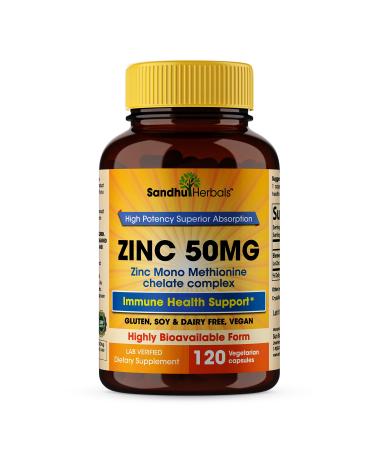
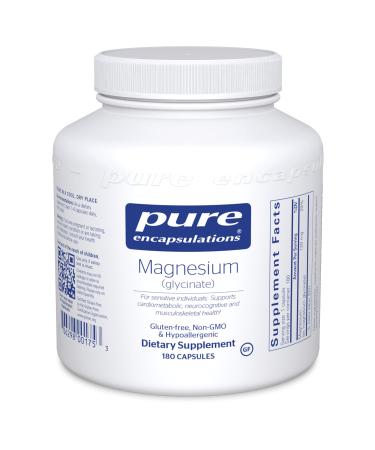


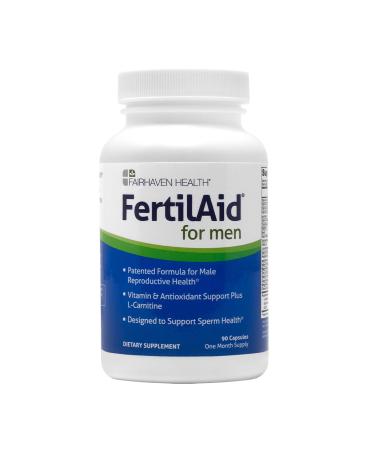
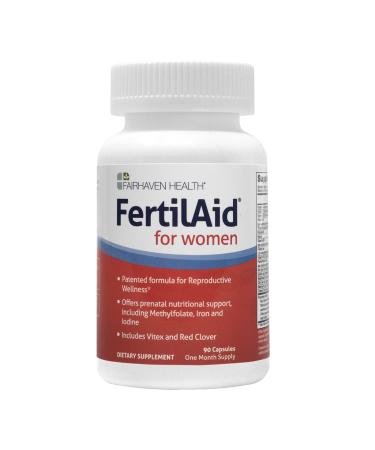
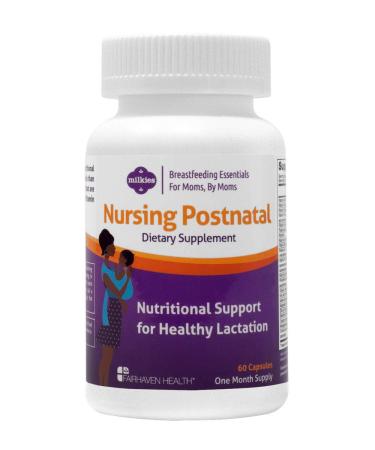
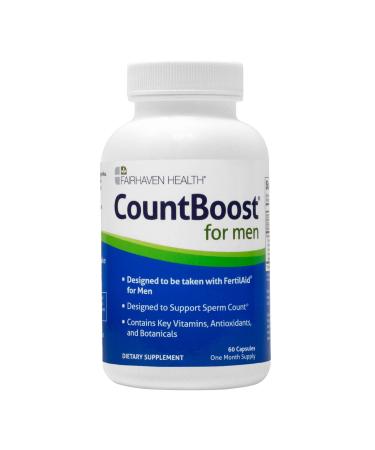
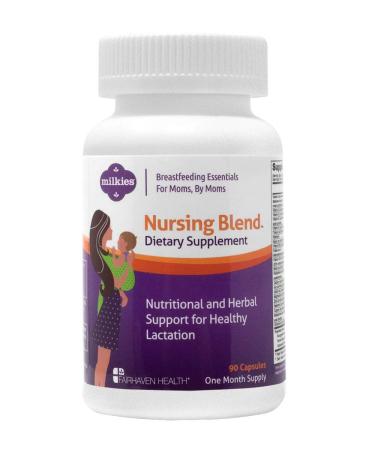


![Stewart Freeze Dried Dog Treats Made in USA [Single Ingredient Puppy and Dog Training Treats - Grain Free Natural Dog Treats] Resealable Tub to Preserve Freshness - Buy Online on GoSupps.com](https://www.gosupps.com/media/catalog/product/cache/25/small_image/375x450/9df78eab33525d08d6e5fb8d27136e95/6/1/61gwbbixarl._ac_sl1500_.jpg)
